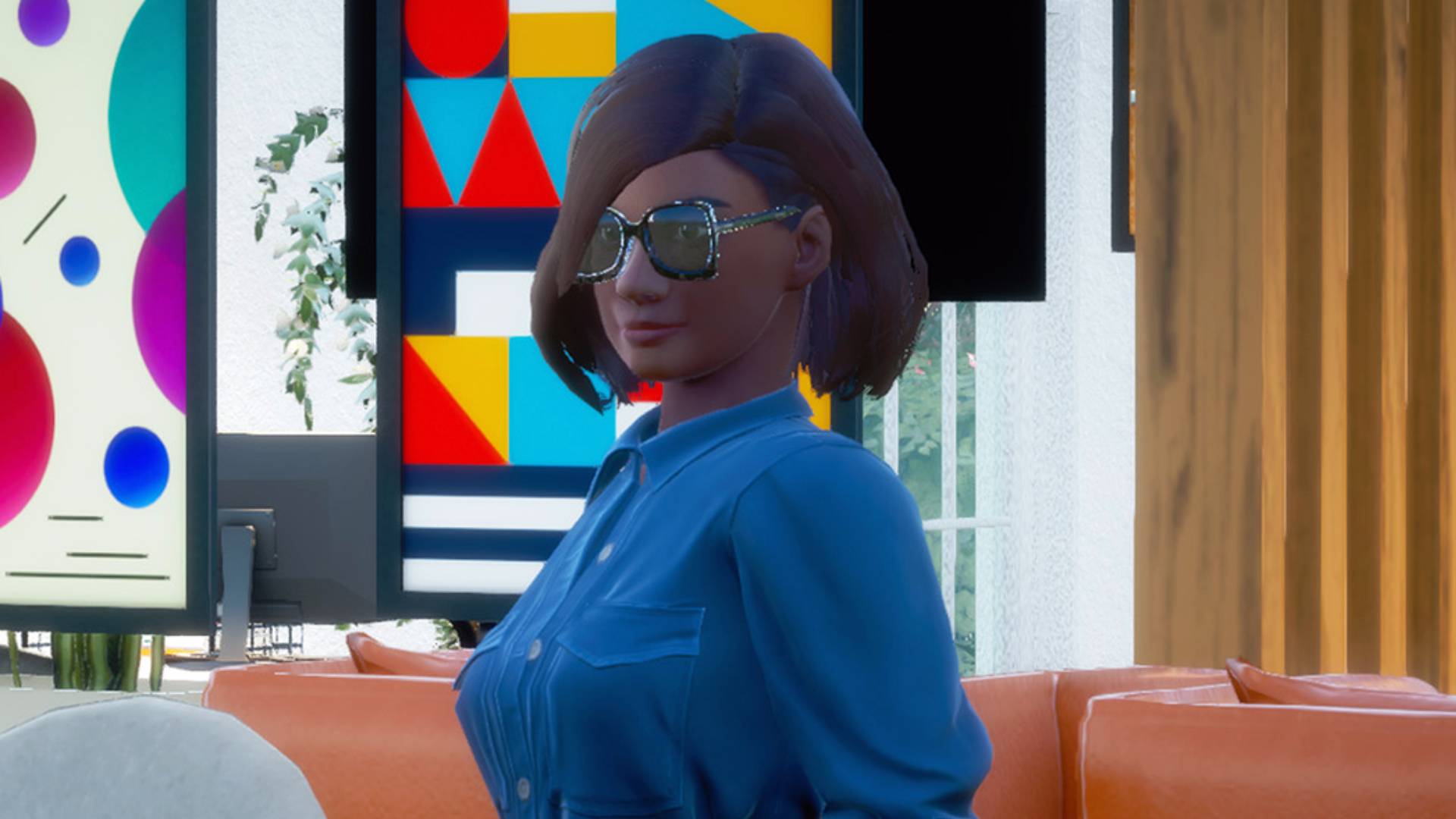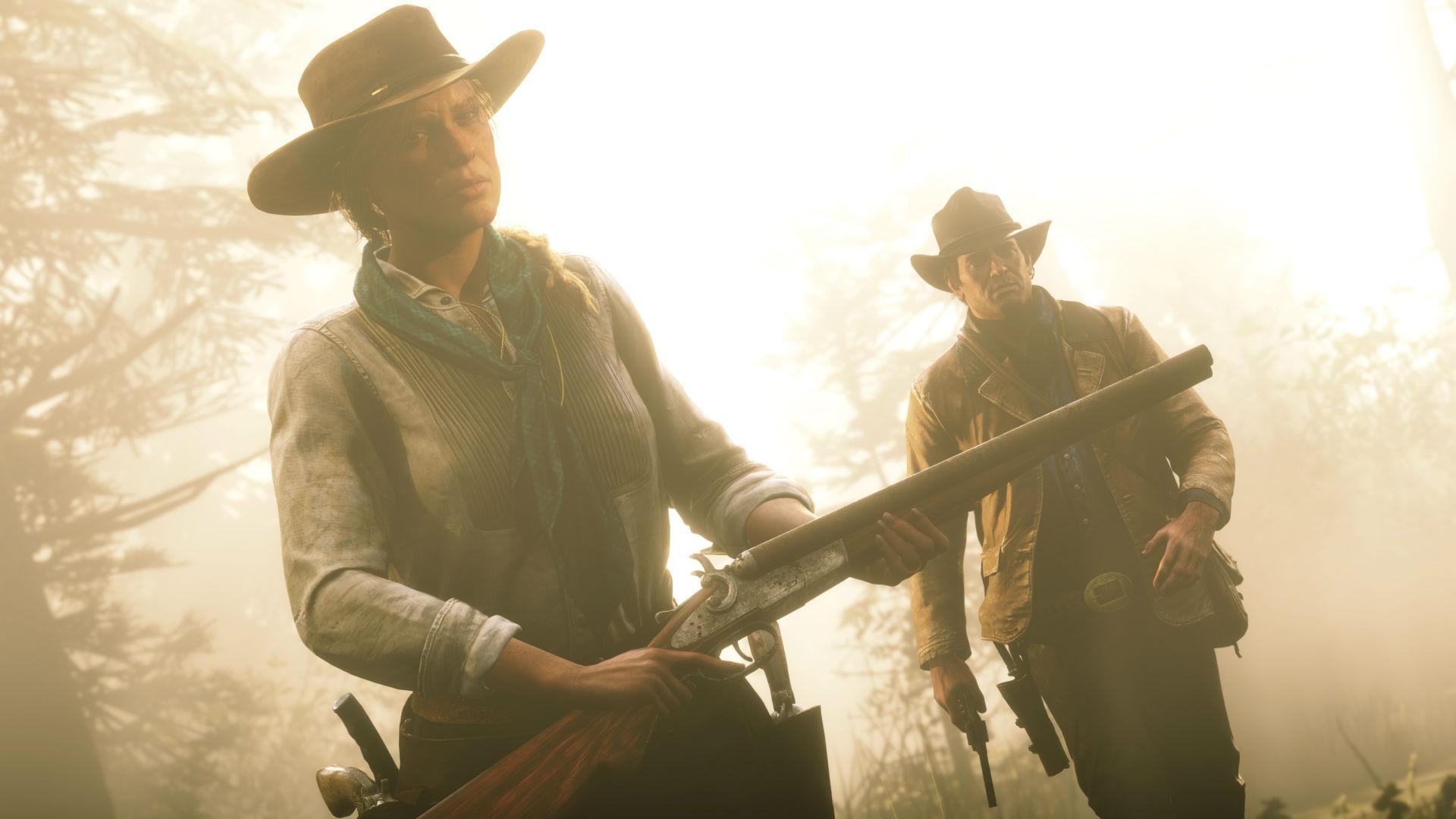
It’s been a tricky couple of years for Paradox Interactive. For the reason that triumphant launch of Crusader Kings 3 in 2020, the technique recreation specialists have struggled to land a success. New forays into different genres akin to Lamplighters League, Millennia, and Life By You have fallen in need of expectations – with the latter canceled totally because it neared launch. Cities Skylines 2 has but to match as much as its mighty predecessor. Even within the grand technique area it is aware of finest, Age of Wonders 4’s success sits alongside the underwhelming starting for Victoria 3. As Paradox seems to be to proper the ship, I sit down with deputy CEO Mattias Lilja and chief artistic officer Henrik Fåhraeus to ask what went improper, and what the workforce has realized.
Lilja wastes no time in addressing the elephant within the room. “We’ve had issues,” he says. “2023 and 2024 have been kind of rough for us.” He notes that this isn’t the primary time Paradox, a studio chargeable for a few of the finest grand technique video games on PC such because the mighty Crusader Kings 3, Europa Universalis 4, and Stellaris, has confronted such issues. “We had [a rough patch] in 2013, then 2014 as well when it came to the games – so we’ve seen this sort of thing before and we’ve gotten through it.”
Lilja describes two key points: “Games that fans didn’t really attach themselves to even though they were competently made, and games that were perhaps not as technically good as they should have been.” I ask whether or not the Covid-19 pandemic was a very detrimental issue, to which he says, “it’d be a good scapegoat. It’s a factor that made [development] harder for sure. When it comes to content velocity and quality on our core games, you can see it. But the bigger mistakes we’ve made, I don’t think they’re Covid-related.” Somewhat, he cites the primary difficulty as taking too-large investments outdoors of the workforce’s core competency.
Most lately, this was felt with the cancellation of Life by You, a Sims-style mission that the workforce decided needed to stroll “far too long and uncertain” a path to succeed in the mandatory high quality stage. Right here, Lilja says his predominant lesson realized was that “When issues lie outdoors our core [knowledge base] and we don’t actually perceive what the sport is, it’s laborious for us to grasp how advanced ending the product is. So it’s laborious for us to foretell the longer term.
“So we rely on the developers to tell us,” Lilja continues, “In this case we gave one, two, three chances, we were not where we wanted to be, and we had a hard time understanding how much was left. By the time we canceled it, we did not have a game that we thought could be released, even in early access – if we thought that we would have done it. Which means you have to stop. We should have stopped it earlier. We should have seen that this was not going to go where we wanted it to go; it would have been better for everyone.”
The massive takeaway, Lilja says, is to be extra cautious in investments that fall outdoors the studio’s core competencies, the grand technique and administration video games it is aware of finest. “On the publishing side, these titles were the result of an initiative that was started about five or six years ago,” Fåhraeus provides. “We were looking for ways that we could expand outside of our hardcore [audience]. All of these projects are quite different, honestly, but one common factor is that we simply didn’t have the competency to run these products. And some were a little bit too mercenary, you know?”

“I think an idea, a high-level concept should come from the team,” Fåhraeus elaborates. “It should not be given to a team to realize unless they seem very enthusiastic about it. Life by You is interesting because it really fit into the ALICE pillars on paper.” This ethos, he describes, is a core summation of the values Paradox feels it excels at, and one which the studio desires all its video games to match as much as: “Agency of living worlds, inviting cerebral and endless experiences.”
Life By You, on paper, match these tenets, Fåhraeus notes. “So I think it wasn’t a bad idea to make a life sim.” He says he nonetheless believes the workforce can department out from the areas it is aware of finest, “but we need to be more careful about it, we shouldn’t stray far – and if we do it should be under Arc.” The Paradox Arc label is the studio’s approach of serving to to help small studios that “capture the Paradox DNA” and share their creations with the world. Established in 2022, it most lately oversaw the launch of Mechabellum 1.0.
Mechabellum is a “good example” of the ALICE ideas, Lilja says. “It’s an auto-battler, it doesn’t look like anything we’ve done, but there’s a lot of ALICE in it: good attachment rates, people like to play it for a long time.” He reiterates the will expressed by Fåhraeus to make use of Arc for extra experimentation transferring ahead. “If we find a game in some other genre or niche that we’re not in that ticks a lot of ALICE boxes, I think Arc should go there.”

With Arc offering an avenue for experimentation, the core groups at Paradox are focusing extra on the grand technique style that has been its bread and butter for years. However even that hasn’t been clean; Victoria 3 remains to be trying to regain fan favor after its 2022 launch was discovered wanting, with key options from its predecessor absent. In the meantime, DLC choices for long-standing video games akin to Stellaris and Europa Universalis 4 have been met with discontent, proving that including to older releases isn’t a sure-fire wager both.
So how does Paradox react? “It’s going to come back to producing value for the fans, and finding ways to predict that early in development,” Lilja muses. “Cities 2 was more of a good game with technical issues; Victoria 3, we should have picked up that people wanted warfare earlier. So the path to fixing them is listening to the fans and fixing it.” Which means extra peer opinions earlier in improvement, and a greater diversity of eyes on the method to make sure completely different elements of the participant base are represented.
“It’s hard to see the changes we make, given the long development cycles,” Lilja says. “The issues we have with games releasing now – those decisions were made years ago. So I fully understand that some fans are skeptical about, ‘Okay, they talk, but where’s the action?’ We will have to convince them by action, but we’re asking for a bit of patience since it takes time to do.”

There’s a perpetual problem with delivering sequels. Studios have to create one thing that feels new sufficient to justify a whole-new launch, whereas nonetheless staying acquainted to what has made the previous video games successful. Lilja and Fåhraeus are in settlement that the bottom line is choosing out one or two programs which might be core to the fantasy of the sport. You probably have central programs that folks take pleasure in, Lilja says, it’s loads simpler to maintain them enjoying whilst you proceed to construct round these concepts.
“We got critique on Stellaris [after launch] because not everything was fully fleshed out, but certain things were and those were the things that people most wanted, so they were okay with staying on,” he reminisces. “Our games are really complex, and they’re never really done. The question is what needs to be there at launch, and what are we given license by the fans to develop over time, either as patches or as DLC?”
“What we know is that we cannot go easy on the complexity,” Lilja continues, “because that’s why people come to us. We need to have the right features, high complexity, and then [figure out] how we make onboarding easier. Because we want to grow, but we can’t dumb [our games] down. That’s not success. And we can see that we have an influx of players in CK3 based on the fact that it’s easier to get into than CK2.”

Might launching video games in early entry be the reply? Lilja doesn’t assume so. “From the development team’s point of view early access doesn’t really do much, because you’re live, you get feedback fast, with high expectations, and you can’t use that as an excuse. It’s more of a marketing tool – not being cynical about it, it’s more a way of communicating that what you’re purchasing right now might not be up to par. Paradox Arc [games] can do it; we feel that’s fair as these are small games, by small teams, with experimental designs.”
So, because it seems to be to the longer term, what’s subsequent for Paradox? Whereas there’s no official phrase on an EU5 but, the studio is speaking concerning the in-development ‘Project Caesar,’ which seems to be prefer it would possibly properly result in the following step within the developer’s central collection. It’s additionally starting to really feel like we’re due information of a follow-up to Stellaris. However what about different potential, as-yet unexplored avenues for the grand technique big?
“There are obviously some broad areas that I think we should cover at some point,” Fåhraeus tells me. “We haven’t made a dark ages game, we haven’t made an ancient, birth-of-civilization type game – those two are both interesting periods. We haven’t done a fantasy GSG yet. Those would seem to be low-hanging fruits.” He cautions, nonetheless, that any potential growth requires “growth of game directors and key creative people.”

Fåhraeus says the reception to Stellaris, which he directed at launch, was a very good confidence booster. “It was very difficult, because it strayed a little too far outside of my area of expertise, my comfort zone. It was very much a 4X game, more than our previous GSGs. So I took on a little more than I could chew, personally speaking, with Stellaris. But it paid off, and fortunately we’re still going strong and keep making it better all the time.”
“It’s back to what we really know,” Lilja concludes. “So if you look at Paradox in maybe late 2025 or 2026, I think you’ll see that the games we’re talking about then are going to look more like grand strategy games, management games, or at least adjacent to that.” “It’s getting more and more important to knock it out of the park immediately, I think,” Fåhraeus provides. “People are less forgiving. I guess that’s just another reason for us to focus on quality and meeting player expectations when we release games, and that’s what we’re going to try to do.”
Whereas we watch for the Vampire: The Masquerade – Bloodlines 2 launch date to reach, you’ll be able to preserve the tactical aspect of your mind ticking over with one of the best technique video games to play in 2024.
You too can observe us on Google Information for day by day PC video games information, opinions, and guides, or seize our PCGN offers tracker to internet your self some bargains.









